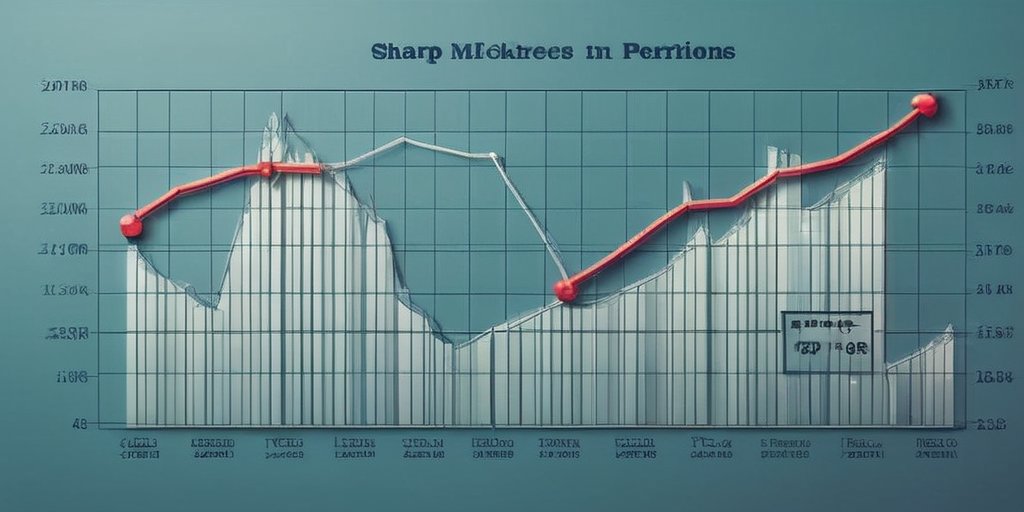In the wake of Donald Trump’s victorious 2024 presidential election, many Americans like Amber Walliser are feeling the pinch from the economic policies that have come to the forefront, specifically the tariffs on imports that Trump has implemented. A few days after the election, Walliser, a 32-year-old accountant from Ohio, made a significant purchase, spending $2,000 on appliances, anticipating hikes in prices as the White House would introduce new tariffs. But now, amid growing economic uncertainty, Walliser’s family is tightening their belts, canceling plans for vacations and family expansions, focusing instead on saving cash for emergencies.
This sentiment isn’t isolated to Walliser. Across the nation, families are grappling with economic pressures exacerbated by Trump’s tariffs, which threaten to raise prices and diminish job security. As inflation persists, many households are being forced to reconsider their spending habits. In statements by the Federal Reserve, experts anticipate a challenging scenario where the policymakers must balance between inflation pressures and economic growth stagnation. Jay Bryson, chief economist at Wells Fargo, remarked that the Federal Reserve’s task “has become a lot harder,” particularly as they gauge the impact of these tariffs on the economy.
Dave Gold, a 37-year-old financial worker from Wyoming, has also felt the repercussions of the stock market’s recent downturn, leading to a drastic reduction in his personal spending. By eliminating expenses such as Netflix subscriptions and travel, Gold has halved his costs, reflecting a growing trend among American consumers who are tightening their budgets due to uncertainty. Retail Giants like Walmart and Delta Air Lines have cautioned about decreasing demand, aligning with recent reports of falling retail sales and slowing job growth.
Data from a University of Michigan survey pointed to rising anxieties regarding the job market, echoing fears not felt since the Great Recession. As consumer sentiment fluctuates, expectations surrounding long-term inflation have notably increased, signaling potential challenges for the economy as consumer spending constitutes roughly two-thirds of the GDP.
Analysts, including Bryson, are raising alarm over probabilities of a recession, now elevated to a one in three chance from one in five just a few months prior. The overarching narrative suggests that if consumer spending retracts significantly, the entire economy may face notable downturns, raising critical questions about the effectiveness of Trump’s economic policies post-election.
